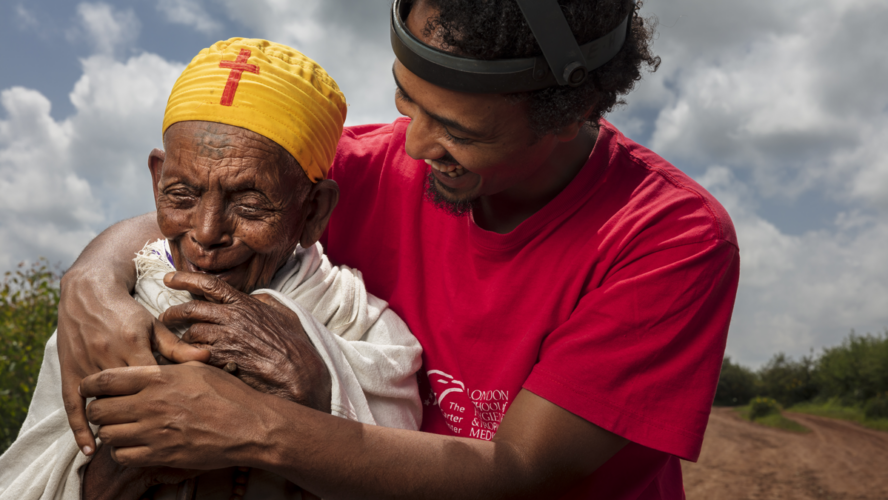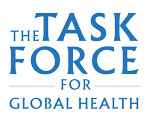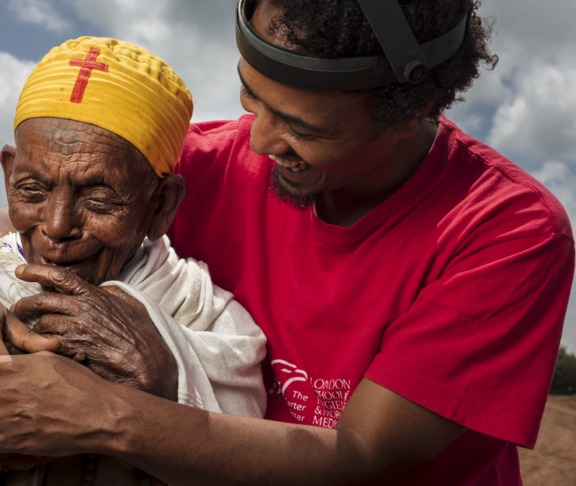
Patrick O’Carroll
CEO, Task Force for Global Health
An innovative model of partnership has brokered global health breakthroughs for 40 years. Now partners are eyeing the future.
In 1980, the world was declared free of smallpox- the only human disease ever to be eradicated, marking a historic milestone and catalysing subsequent global health achievements.
Eradicating smallpox was like landing on the moon; it’s easy to believe it can’t be done … until it is. Then, people say: ‘So that was possible! What can we do next?” The Task Force for Global Health was one answer to that.
Founded in 1984 by Dr. William Foege — the former CDC director who led smallpox eradication — The Task Force aimed to ensure that children everywhere would be protected from measles, polio and other vaccine-preventable diseases. Shockingly, at that time, only 20% of children were routinely vaccinated, and thousands were dying daily from preventable diseases.
History proves that when faced with difficult challenges, people committed to global health can join forces to solve them.
Partners with different skillsets working together to deliver
By working together with support from The Task Force, various partners — including UNICEF, WHO, World Bank, UNDP, Rockefeller Foundation and others — ensured that four times as many children had been vaccinated by 1990, with 80% of the world’s children protected by at least one vaccine.
This model of collaboration, involving a variety of partners over the years, has been used to tackle countless global health challenges, such as polio, neglected tropical diseases and Covid-19, with extraordinary success. Since 1990, child mortality has dropped by roughly 60%, and many countries have eliminated diseases that have plagued humans for centuries.
This type of collaboration isn’t easy. For example, getting medicine to people in the poorest and most remote places is remarkably complex. It requires a huge range of partners with different skillsets, including health ministries, non-governmental organisations, private sector partners, funders and local health workers who know how to make things happen in their communities.
Collaboration powers through emerging health issues
The world now confronts new and evolving health challenges, including the effects of the climate crisis and antimicrobial resistance. History proves that when faced with difficult challenges, people committed to global health can join forces to solve them.


